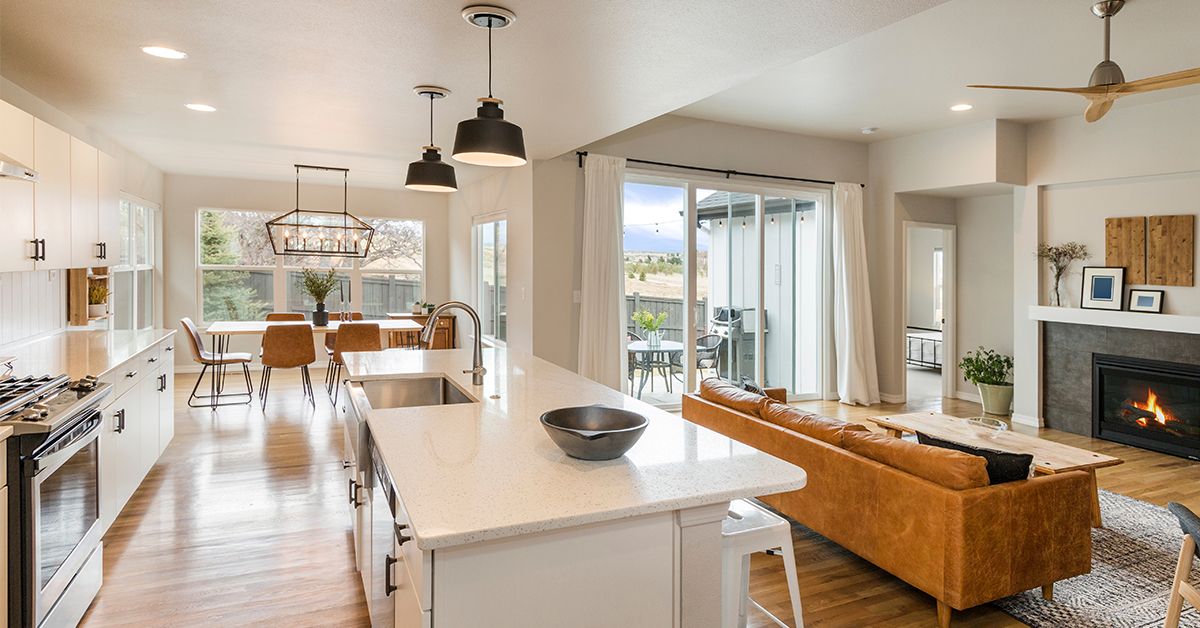The housing market is slowing after mortgage rates hit historic lows during the pandemic, boosting demand for new homes and bumping up listing prices. This year, mortgage rates have risen by more than two and a half percentage points. Furthermore, the rising costs of financing a property have altered many prospective homebuyers’ calculations. As an outcome, year-over-year home sales have dropped in recent months.
The road to a balanced housing market will be challenging. Still, it could offer a better balance between buyers and sellers, as well as, ideally, homeownership opportunities for households that were excluded during the overly competitive periods of 2021 and early 2022. Amidst this, there are numerous concerns about the housing market. Unlike home prices, rates are not expected to drop any time soon. The risk is that mortgage rates will continue to rise unless there is a versatile, sustained moderation in price pressures.
According to Selma Hepp, interim lead of CoreLogic’s office of the chief economist, current mortgage rate hikes will likely dampen home sales activity, resulting in a more significant decline in sales than has historically been seen at the end of the year.
“Also, with price reductions already on the rise and a decline in higher-priced home sales, home prices are likely to take a bigger dip than expected.”
– Selma Hepp, interim lead of CoreLogic’s office of the chief economist
While this is unfortunate news for sellers, it is good news for buyers. However, there are still these high mortgage rates to compete with. If prospective buyers stay away as a result, the upside will be an increase in housing inventory, which could put added strain on sellers to lower their prices — all of which point to a long-overdue change in direction for the housing market. This is not the dramatic shift that some predicted, rather it is a cooling of what was a hot market.
Finally, favorable demographics indicate that strong demand for first-time homebuyers will continue. This is due to still a substantial number of millennial renters with sufficient income to support homeownership, and they should remain a significant force for the foreseeable future. As the economy experiences various uncertainties in the coming months and years, these factors should continue to have an important impact on the housing market.
The Bottom Line
The housing market appears to be cooling after more than a year of soaring demand and rising home prices. The housing market is really not collapsing, however, it is returning to more balanced conditions after reaching an unsustainable high last year. That’s a huge benefit for buyers who can afford to stay in the market. However, many prospective buyers are priced out because elevated mortgage rates and sharp prices make it costly for many to purchase a new home. Nevertheless, It is difficult to forecast home price appreciation. While inventory has increased slightly, it is still significantly lower than pre-pandemic levels and simply cannot meet current demand. If you’re still debating whether to buy or wait for rates to fall, the answer is largely dependent on each individual’s financial capacity. Having an expert opinion on everything is the best way to make sound decisions.
What To Do:
Did you find this read interesting? Need expert and white glove advice? Get in touch for local and professional real estate advice in your neighborhood. Fill in the form above to speak with a real estate professional that specializes in this topic and more!
